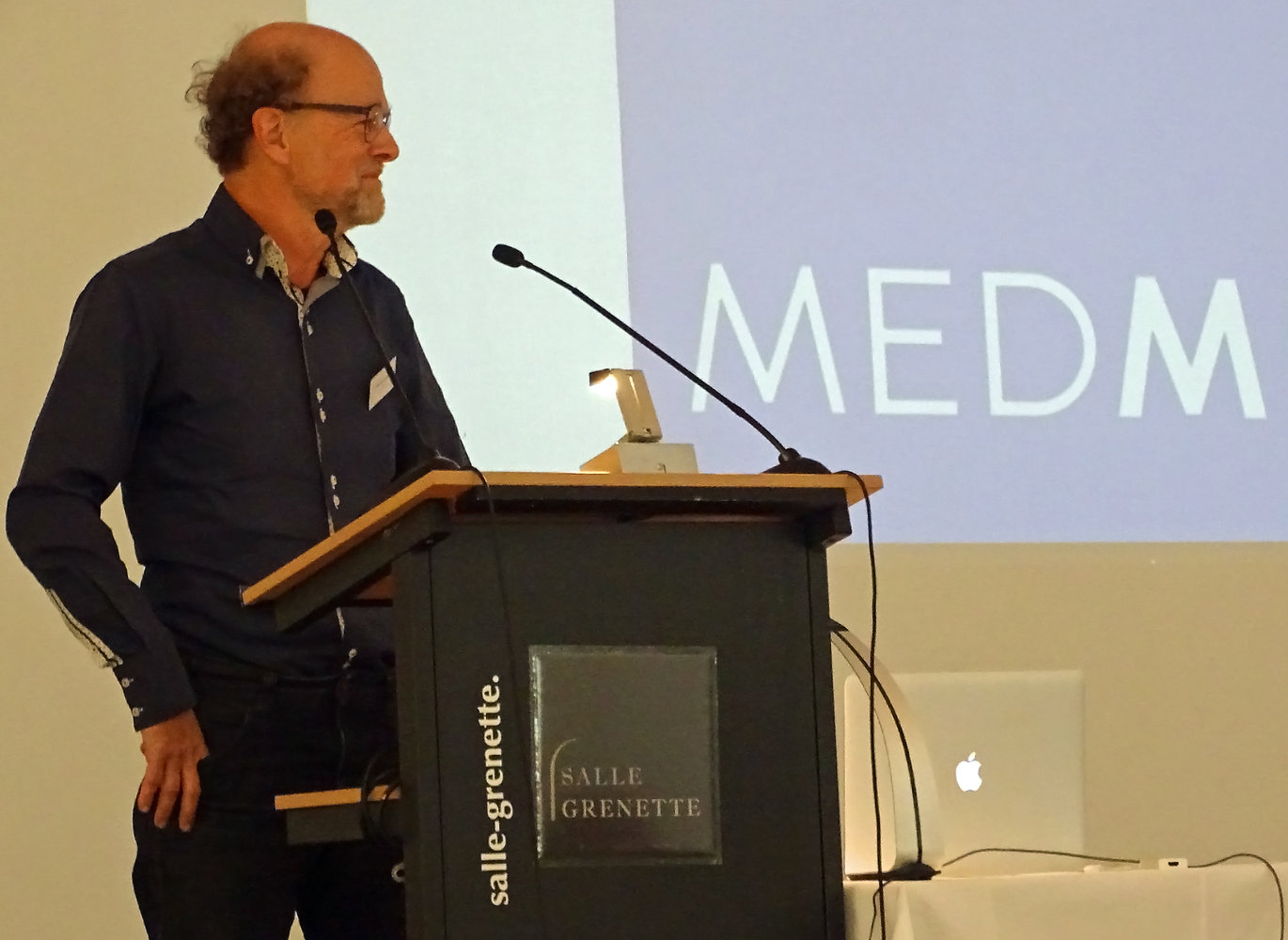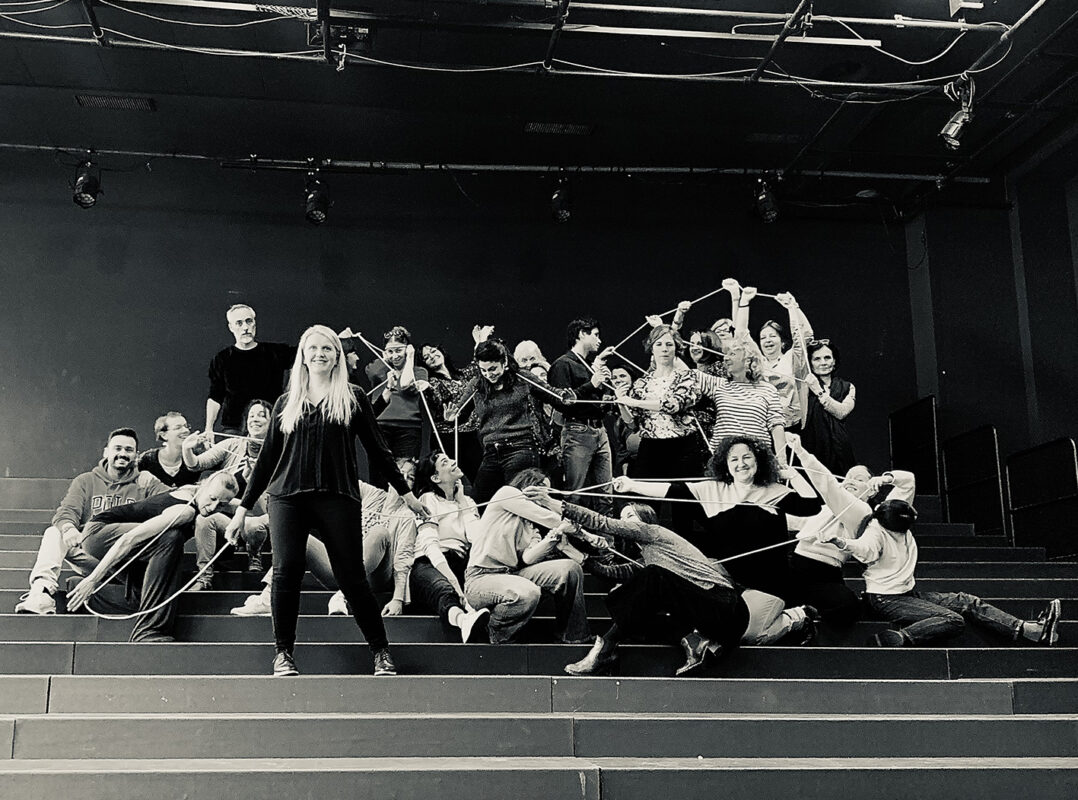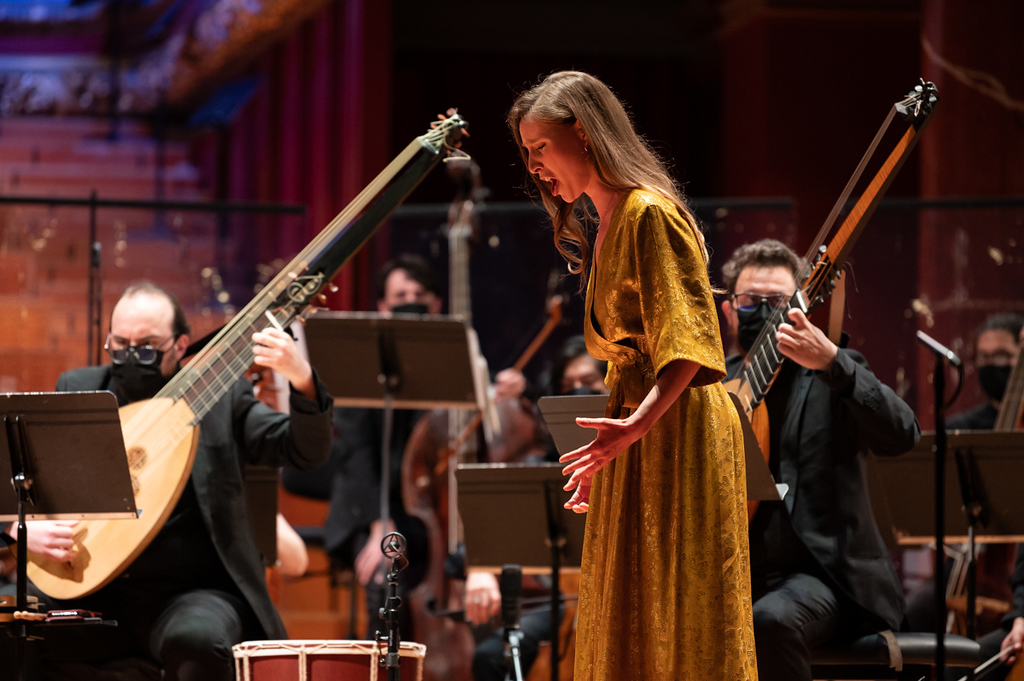Feeling good keeps you motivated
Swissmedmusica held its symposium on Saturday, November 11 in Fribourg under the title "Are you motivated?"

For a long time, prevention in music education was a taboo subject, according to Pia Bucher, founding member of the Swiss Society of Musical Medicine, now Swissmedmusica SMM, in her welcome message to the Swiss Performing Artists Foundation SIS. No one wanted to admit that musicians didn't always feel well. But the pandemic has brought about a change in mentality. Social security makes a major contribution to good mental and physical health. That's why Pia Buchher advised those present to visit the "sein-oder-nichtsein.ch" pension portal for people working in the cultural sector and find out more about the options available.
Self-determined music-making
Anke Grell reminded us that, for children and young people, music instruction is often the only time they spend alone with an adult outside the family. The responsibility this places on music teachers goes without saying. Playful teaching adapted to individual needs helps to maintain the motivation to play and practice music. Pupils are encouraged to discover how hard they have to work to achieve their goals, and must be able to take responsibility for their own practice according to their level of training. The result is an intrinsic motivation that lasts longer than that imposed by the family environment or over-ambitious teachers.
Oliver Margulies astonished the audience by declaring that three quarters of professional musicians have health problems linked to their profession. Tensions, poor posture and one-sided efforts lead them to experience pain as early as their teens. That's why it's so important for students at music colleges to receive individual support in their musical physiology. Those who feel good while making music remain motivated, and those who work as music educators can, thanks to the knowledge they acquire, have a very positive impact on their students.
Carine Tripet Lièvre made a passionate plea for individual support for music students in the event of failure. She described motivation as an engine fueled by commitment and effort. Students recognize the efforts that lead to success.
If this reward is absent, the teacher must restart the broken engine by proposing a task that can be solved immediately, for example in the next lesson.
According to Antonia Pfeiffer, the fear of performing in public can be countered with positive affirmations and can be "tapped away": the method is called PEP and involves tapping on acupuncture points while mentally placing oneself in an anxiety-provoking or stress-inducing situation.
Emotional engagement brings interaction
As after every presentation, moderator Isabelle Freymond tried at this point to motivate the audience to ask questions. "Could the lack of questions be due to the lack of connection with practice?" someone asked. - The topics covered were all practice-related, and the presentations were rich in information. It was a little tiring, however, for the speakers to simply read out their PowerPoint presentations. A few interactive elements would undoubtedly have been an additional source of motivation.

The perfect moment, then, for Christian Studler's talk: he spoke about his practice as a musician and flute teacher. "Fears are at home in the musician's soul", he declared, finding it frightening that at the Bern University of the Arts, entire classes swallow beta-blockers before every performance. His remedy for instilling a fear of public performance is a culture of feedback, in which students feel accepted for who they are. The emphasis should not be on the obligation to perform and the fight against mistakes. Instead, criticism should show how much already exists, how much is good, and how we can build on it. We believed him when he said that he had trained people during his teaching, not musical machines. Interestingly, his talk generated an avalanche of questions. It was a demonstration of how genuine commitment and emotion can motivate!
The 19the he SMM symposium, which was bilingual with simultaneous translation, was perfectly organized by President Wolfgang Böhler and his team. Breaks and the aperitif that followed provided time for lively discussions with colleagues from the fields of music, music pedagogy, medicine, psychology and therapy, while exhibition stands offered information on new teaching methods, auxiliary instrument accessories and prevention methods. In fact, prevention has been at the heart of the organization since the name change to Swissmedmusica.
It's all the more reason for us to attend the anniversary symposium next year!








